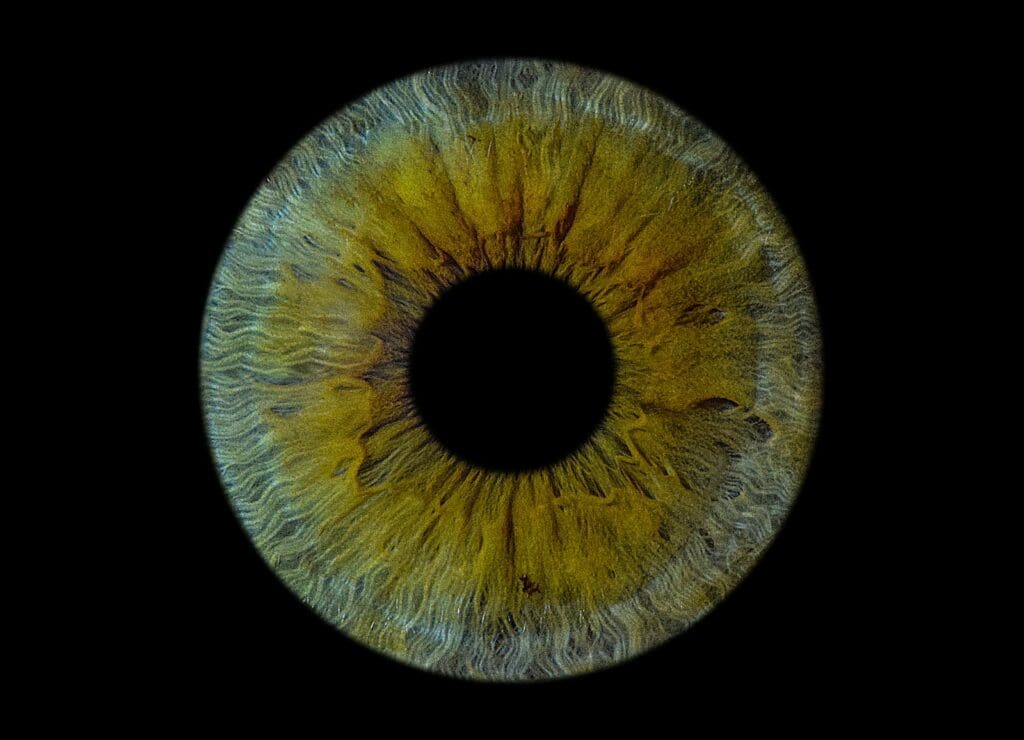
Are you concerned that you are going to acquire glaucoma? If you notice increased pressure inside the eye, there is a possibility of damaging the optic nerve. However, not everyone with high eye pressure can develop this condition. In fact, some people with normal eye pressure can still get it.
Risk Factors of Developing Glaucoma
Age is one of the risk factors, particularly for open-angle glaucoma. This will increase after the age of 40. Note that the drainage system in the eye can become less efficient over time. Thus, it can lead to the buildup of pressure in the eye.
This can also be caused if a close relative has glaucoma. Your risk will become higher because genetics can play a role in how your eye will handle the fluid drainage. That said, when you have ocular hypertension or high eye pressure, the risk increases for optic nerve damage.
A few other diseases can also affect the blood flow to the optic nerve. In fact, if you have diabetes or high blood pressure, you will be at risk and vulnerable to this condition. Pressure in the eye can also increase if you have an eye injury or have had surgery.
People who are using steroids on a long-term basis as medication, especially in the form of eye drops, can also raise eye pressure. Thus, regular eye checkups are quite necessary to help catch it early.
Various Methods of Treating Glaucoma
There are different ways to treat lower eye pressure and prevent further optic nerve damage. However, it depends on the type and severity of the condition.
- Eye Drops
You can reduce eye pressure by either improving drainage or decreasing fluid production. The most common types include beta-blockers, prostaglandin analogues, alpha agonists, and carbonic anhydrase inhibitors. However, you must do this consistently because glaucoma damage is irreversible.
- Oral Medications
You can do this next step if the use of eye drops doesn’t have any effect on your condition. Take note that the use of acetazolamide and methazolamide can lower the production of fluids, but they may also have side effects.
- Laser Treatments
Open-angle glaucoma can be treated with laser trabeculoplasty if oral medications still won’t work. This can help drain fluid better. Angle-closure glaucoma is also treatable with laser iridotomy. This will create a small hole in the iris to relieve the pressure.
- Surgical Procedure
If other treatments fail, you can apply surgery. For instance, trabeculectomy can create a new drainage pathway. On the other hand, drainage implants use tiny tube shunts to help fluid escape. Then, there is the minimally invasive glaucoma surgery, which is a lower-risk option for early cases of glaucoma.
This is the reason why you have to consult eye care specialists because they can detect, manage, and treat glaucoma by providing an effective solution. If you want help in treating glaucoma or suspecting pressure buildup in your lower eye, a glaucoma doctor can do wonders. Feel free to give us a call or email us so that you can make an appointment with an eye care specialist today!
